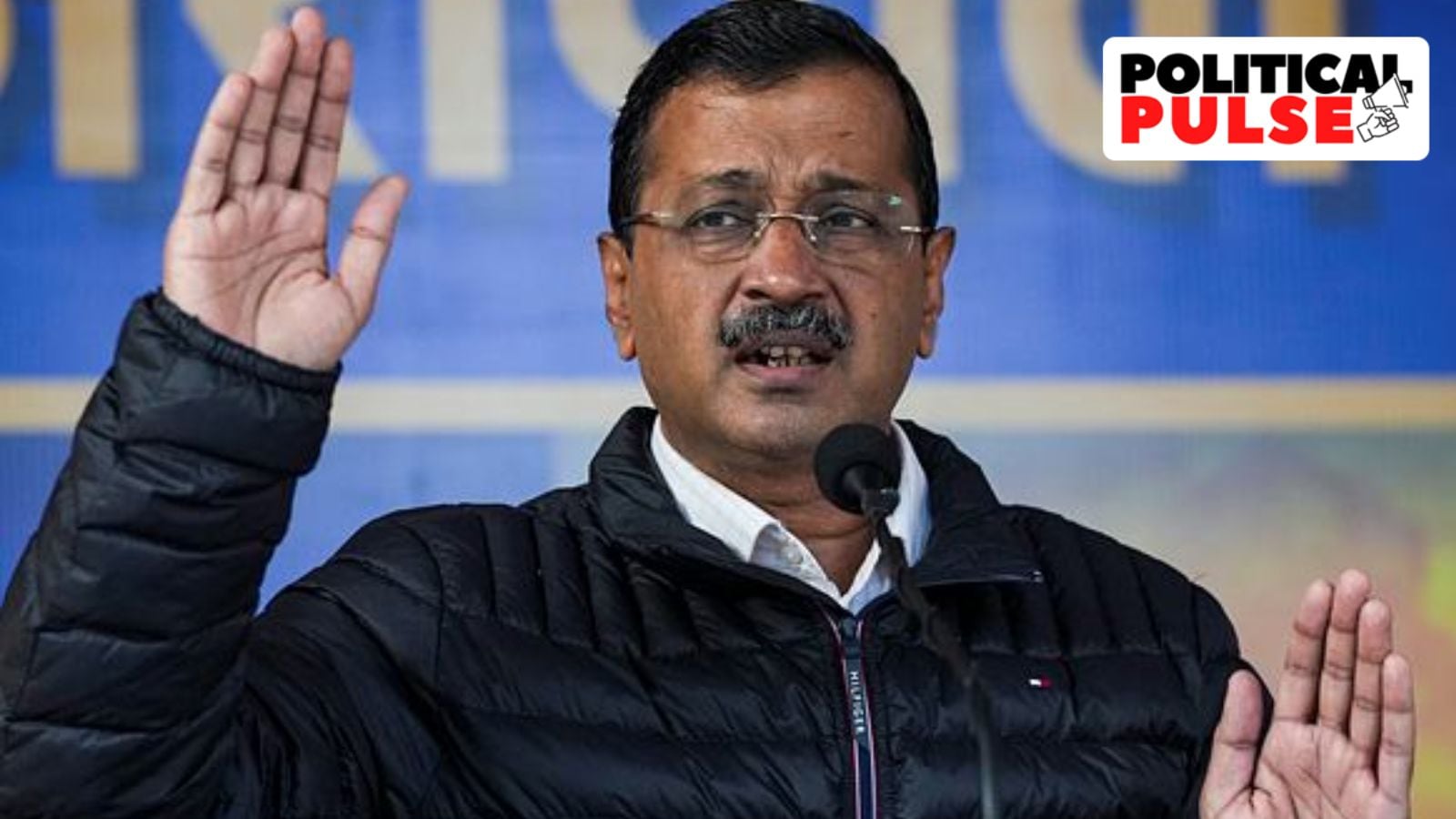 |
|
The renovation of Delhi Chief Minister Arvind Kejriwal's official residence at 6, Flag Staff Road, has become a highly contentious issue in the lead-up to the Delhi Assembly elections. Dubbed the “Sheesh Mahal” (Palace of Mirrors) by the Bharatiya Janata Party (BJP), the controversy centers around alleged procedural irregularities and a significant cost overrun. The BJP, led by Prime Minister Narendra Modi and Union Home Minister Amit Shah, has repeatedly used the issue to attack the Aam Aadmi Party (AAP) government, portraying it as an example of the AAP's alleged deceit and lavish spending of public funds. The controversy gained traction after the BJP noticed extensive construction work at the CM's residence during the COVID-19 lockdown, raising concerns about potential violations. This observation further fueled the opposition's narrative.
The origins of the dispute can be traced back to structural collapses at the CM's residence during the COVID-19 pandemic in 2020. Initial repairs escalated into a full-scale renovation project, with the then PWD minister Satyendar Jain proposing a remodelling of the ground floor and the construction of an additional storey. However, due to the age of the building and its load-bearing walls, a complete rebuild was eventually undertaken. The BJP claims that this construction was carried out in violation of the national lockdown regulations, while the AAP maintains that the repairs were necessary due to the dilapidated state of the building and the needs of the Chief Minister’s family, which included elderly parents and young children. The narrative of the BJP focuses on the fact that several of their leaders, engaged in protests near the CM’s residence, directly witnessed the construction activity, fueling their suspicions and leading to further scrutiny.
The controversy intensified further with a complaint filed by senior Congress leader Ajay Maken, prompting Lt Governor V K Saxena to order an inquiry into the alleged violations and extravagant expenditure. This inquiry revealed significant irregularities and ultimately led to a preliminary enquiry being registered by the CBI (Central Bureau of Investigation) in September 2023. In a subsequent development, the Central Public Works Department (CPWD) suspended three engineers involved in the project, a move that AAP termed as a ‘witch-hunt’. The Delhi Vigilance Directorate also launched a separate probe into the source of the lavish items found at the CM’s bungalow, based on a complaint by the Leader of Opposition, Vijender Gupta. These investigations cast further doubt on the transparency and legality of the renovation process, strengthening the BJP's arguments against the AAP.
Adding fuel to the fire, the BJP released purported tour videos of the house's interiors along with a rap song titled “Delhi ka millionaire,” further emphasizing their allegations of extravagance and abuse of power. The AAP, in response, accused the BJP of using this issue as a diversionary tactic to deflect attention from other pressing matters, specifically focusing on issues related to law and order in Delhi. AAP leaders sought to justify the repairs by highlighting the dilapidated condition of the old house and the needs of Kejriwal’s family. They argue that the renovation was necessary for safety and functionality, emphasizing the house was not Kejriwal's personal property but an official residence for the Chief Minister. The fact that Kejriwal vacated the house in October 2024, after his release on bail from Tihar Jail on charges related to the excise policy case, and that his successor, Atishi, did not move in, was also a point of contention in the narrative.
The Comptroller and Auditor General (CAG) report played a crucial role in escalating the controversy, revealing that the renovation cost ballooned from an initial estimate of ₹7.91 crore to a final cost of ₹33.66 crore by 2022. The report detailed exorbitant expenditures on various items including curtains (₹96 lakh), kitchen equipment (₹39 lakh), a TV console (₹20.34 lakh), gym equipment (₹18.52 lakh), silk carpets (₹16.27 lakh), and marble stone for walls (₹66.89 lakh), among others. These figures have provided the BJP with ammunition to further attack the AAP government and accuse it of mismanagement and irresponsible use of public funds. The discrepancies highlighted in the CAG report have undoubtedly fueled public debate and scrutiny of the entire renovation project, making it a key point of contention in the upcoming elections. The AAP, however, continues to maintain its position that the cost overruns were justified given the extent of the work required and the unforeseen circumstances encountered during the project.
Ultimately, the controversy surrounding the renovation of Kejriwal's official residence has evolved into a significant political battleground in the Delhi Assembly elections. The BJP has successfully leveraged the issue to paint the AAP government as corrupt and extravagant, while the AAP has countered by emphasizing the necessity of the repairs and accusing the BJP of engaging in a politically motivated smear campaign. The high cost overruns, the perceived lack of transparency, and the timing of the revelations, so close to the elections, all contribute to the significance and ongoing nature of this controversy. Public opinion will likely play a key role in determining the ultimate political consequences of this high-profile case, as voters weigh the arguments presented by both sides and assess the impact on their perception of the AAP government and their trust in their leadership.
Source: A house for Arvind Kejriwal: It began with roof collapses during Covid, a safety audit
